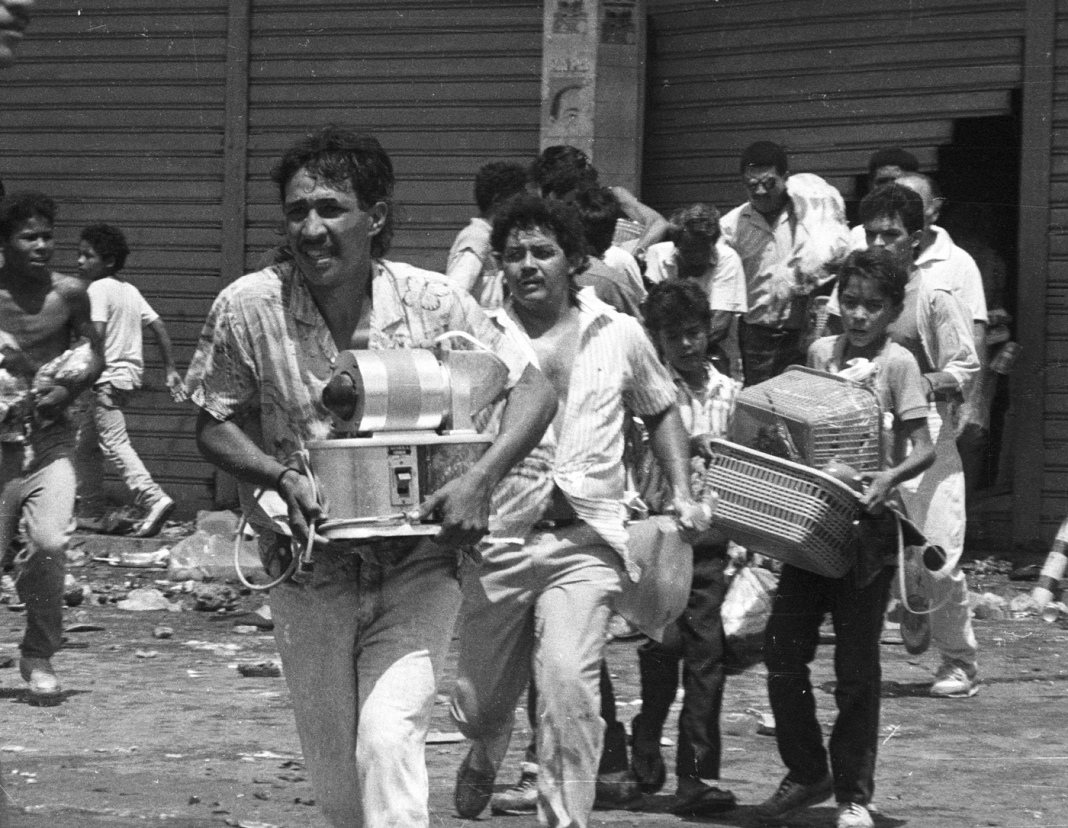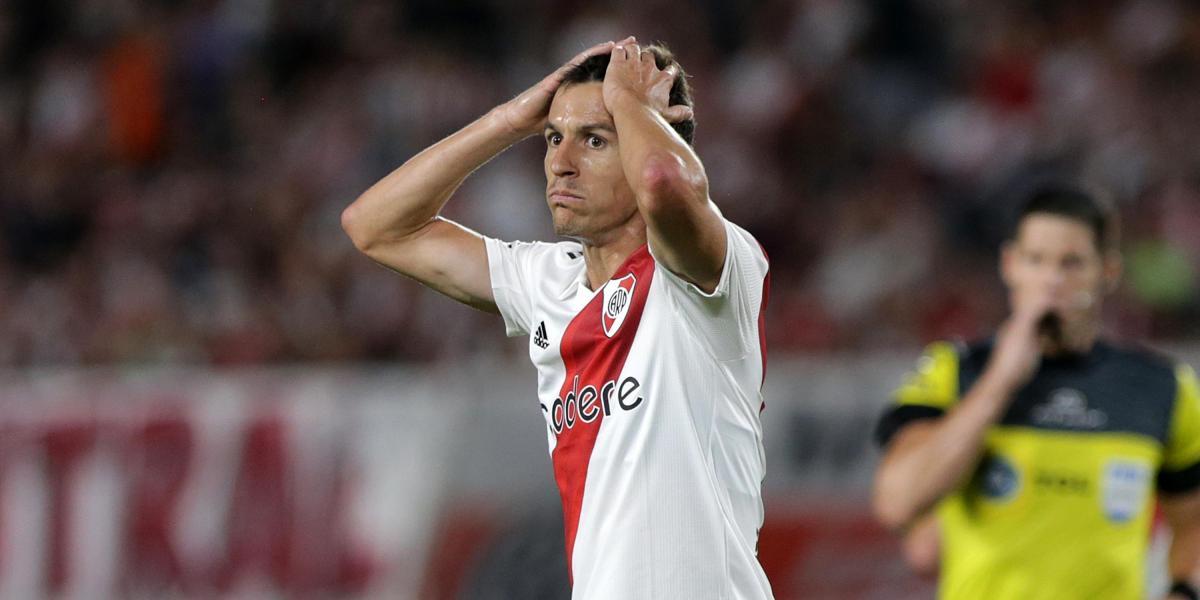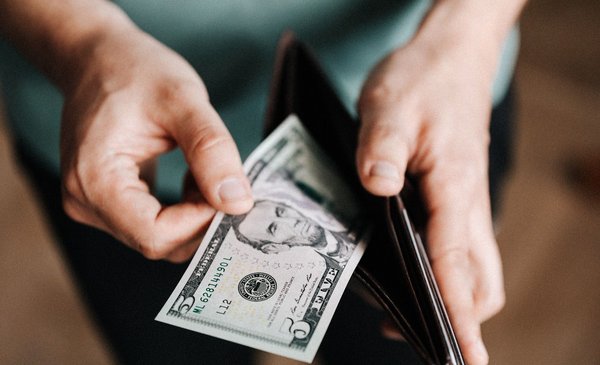Today we remember 34 years of those terrible events that left a huge scar in the contemporary history of Venezuela, known as “the caracazo”, events that years later would sow the seed of the Bolivarian Revolution, and consequently the awareness of respect for human rights.
In this sense, the Ombudsman, Alfredo Ruíz, in an interview with Últimas Noticias, revealed details about the role played by some power factors that February 27, when he was an activist of the Support Network for Justice and Peace .
First, he referred to the role of the media. “They tried to hide these facts on February 27, I was in Petare with Father Matías Camuñas, and in the face of numerous human rights violations, arbitrary arrests, murders by the police at that time, a group of people from those communities tried to make a public complaint about what was happening, and a referral was made called ‘We Cannot Silence More’; and no means of social communication wanted to take out that public complaint; money had to be collected in the community so that the publication of the remittance could be paid for, which was led by Father Matías Camuñas and in which all these human rights violations are denounced, the media tried to hide any violation of human rights, that happened on February 27 because they had their own interests.”
The authorities
Referring to the role of the armed forces and police authorities that day, he assured that “police officers discovered that they could do without answering to anyone what they had already been doing, that is, the excesses that had already been denounced in the public letter to the to which I have already referred, the abuses against the population, such as murders, robberies, extortion, arbitrary detentions, all of this ended up being done with impunity once Carlos Andrés Pérez (CAP) suspended the guarantees, although before this measure they had already been occurring in Guarenas and in Caracas”.
To this is added the actions of the Armed Forces, which “when the guarantees are suspended, and they are not prepared for it, they felt that they had carte blanche to do anything, that is, that they decided on the life or death of people,” he says. There were arrests and torture.
On the 28th and 29th they fired at the population, since the order was that they had to silence anyone by force of arms. “They could dispose of the life of any
person”, recalls the human rights defender.
He assured that, despite the fact that there were citizens inside their houses, they were killed by bullets from the military.
“They shot against the houses with very flimsy walls and killed the people who were inside, this is what happened in El Valle, on January 23, in La Pastora, in Petare and on the Mesuca staircase, where they machine-gunned all the people who They were there,” he recalled.
A witness
When asked about the work of the Support for Justice and Peace network, he stated that “on February 27 we began to collect testimonies of what was happening in the neighborhoods, and try to get people to organize so that they would not leave from their homes because their lives were at risk from a State that was murdering the people at large, I witnessed murders in different areas of Caracas, such as Petare, Cota 905, and La Vega, we collected testimonies, near the morgue , where we collected a lot of information”.
vain attempt
He stressed that the figures that the government showed about the victims of the Caracazo, during the first week of the events, were very different from those that the organization with which he worked had collected, because the government spoke of 277 people dead, but we already we had documented 399 murdered people”.
Common pits
In his titanic work in defense of human rights, Ruíz never trusted the CAP administration, because there was something that caught his attention.
“Given that very low figure that the government showed, for what happened, we suspected that there were mass graves, it was then that we discovered testimonies from people who had seen from their homes, located in buildings, how the police authorities threw corpses into the Guaire River, and there are also testimonies from people who saw how corpses were loaded onto trucks and transported to other places, which was not exactly to the morgue, it is then when they began to talk about mass graves. This allowed an investigation to begin, which unfortunately took a long time, more than a year, but later, with some testimonies, a mass grave was located in the General del Sur Cemetery, full of the bodies of those disappeared by the CAP government.
always the left
In those days, the CAP government, in addition to being neoliberal and violating human rights, accused others of their own mistakes. As Ruíz commented, he was always looking for someone to blame.
“The government always tried to say that they were protests promoted by leftist groups, which they called subversives, this made anyone who was identified with the left become a victim, especially those who had popular newspapers, for example, in on January 23, in La Vega, in Petare, and even if you had a cultural group you were also a target of the government, which detained you, tortured you and disappeared, also forced them to say who had given them the order to organize those protests , that was what CAP intelligence thought, they assured that the protests had been organized by leftist groups”.
Human rights
At the end of the interview, the Ombudsman was asked what was positive for us on February 27, to which he replied that “these events gave rise to a national awareness of human rights, before these events nobody knew what It was that, after these events the population began to be aware that without respect for human rights democracy was impossible; That is why at that time there was no democracy, because human rights were not respected. Hence, President Chávez decided that February 27 was a symbol that marked history in two, for this reason, this date is established as National Human Rights Day.
27F National Human Rights Day
Through Decree No. 3775, the Presidency of the Republic established February 27 as National Human Rights Day, which will be included in the ephemeris of the school calendar of the Basic Education Subsystem, and pedagogical activities aimed at rebuilding the historical memory of the events that occurred as of February 27, 1989, as well as building a culture of respect for the rights
humans.
The proposal was raised by the then President Chávez, but it was decreed by President Nicolás Maduro, in February 2019, in what was also a way of complying with the ideas of President Chávez, whose government compensated the victims of the 27th of February.








